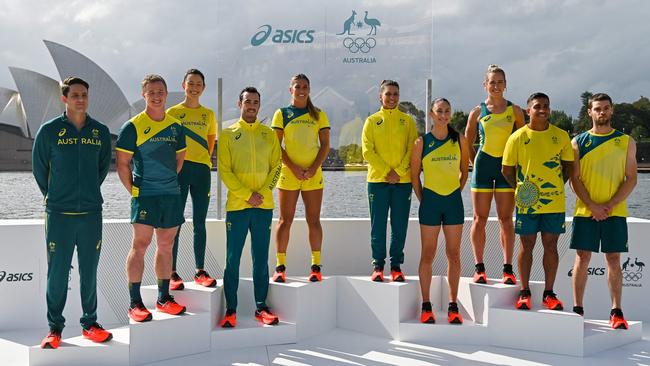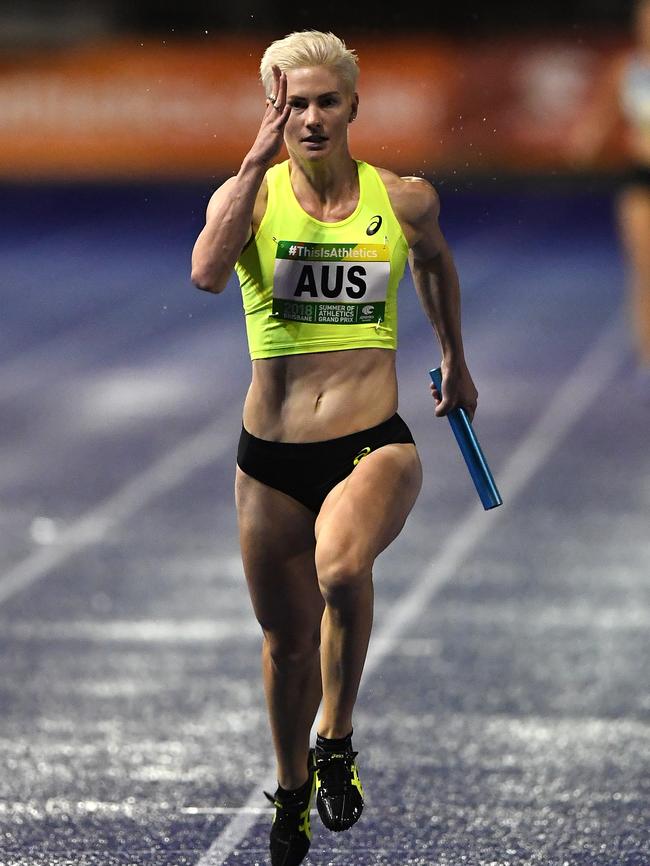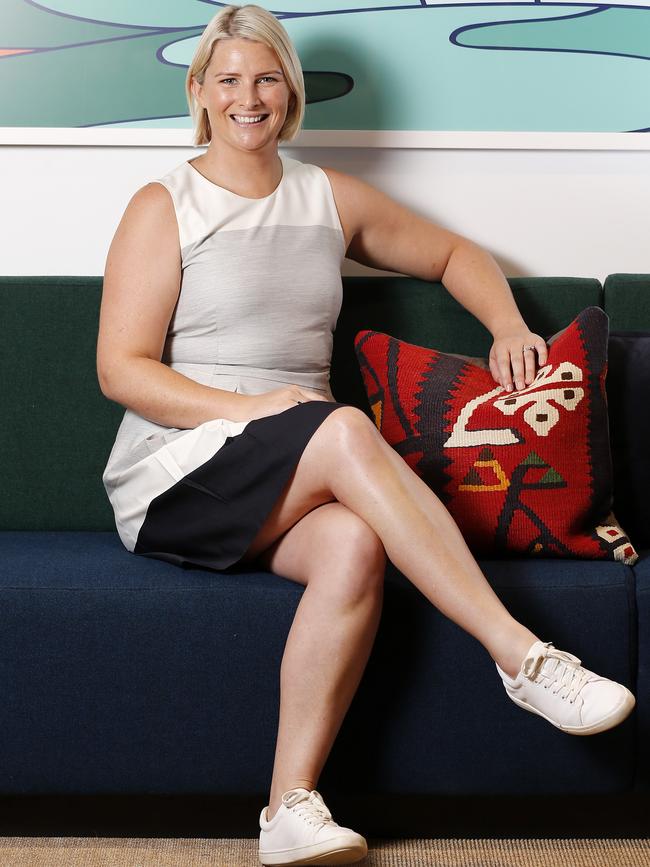Tokyo Olympics: Spike in Australian athletes seeking mental health support
Demand for mental health services from stressed out Aussie athletes has skyrocketed ahead of the Tokyo Olympics.
Aus Team News
Don't miss out on the headlines from Aus Team News. Followed categories will be added to My News.
Exclusive: Demand from athletes and staff for mental health support is up almost 80 per cent on the same period last year as we close in on the Tokyo Olympics.
The Australian Institute of Sport confirmed the spike and said the impact of COVID was the primary or secondary issue in 79 per cent of the referrals.
Safety and vaccination were part of the concerns with Games preparation and selection, work stress and general wellbeing also among the key themes.
The AIS Mental Health Referral Network (MHRN) has received as many referrals in March 2021 as were received in January and February combined.
And experts anticipate the trend to continue the closer we get to the Games in July.
An AIS audit of almost 700 athletes, coaches and support staff in 2020 revealed almost one-in-two athletes were dealing with anxiety and stress because of the Games’ postponement.
And numbers have since boomed.

The MHRN has a national network of 54 mental health practitioners providing confidential support in psychology, psychiatry, neuropsychology and nutrition.
It has expanded since COVID began and is now available to almost 3000 people in Australian high-performance sport including athletes, coaches, support staff and even family of athletes.
Some athletes like beach Chris McHugh and Damien Schumann, who won beach volleyball’s first gold medal in the 2018 Commonwealth Games, have adapted to the uncertainty.
“There’s nothing we wouldn’t do to be at the Tokyo Olympics and whether there’s a hub … or quarantine … we’ll do what it takes,” Schumann said.
As part of the Olympic playbook, released earlier this month, athletes will be tested every four days.
For others, the postponement was too much.

Australia’s fastest woman Mel Breen was due to line up for her third, and final, Olympics in Tokyo.
When the event was postponed, she knew what she had to do: retire, aged 29.
People are asking her why she can’t just hold on for another year.
“Holding on and being elite don’t align,” she replied.
“Every single choice I made was: is this going to help me run fast or not? It takes up so many waking hours.
“I could only work half days, four days a week. Everything else was training, rehab, mobility practice, physio, gym, pilates class.
“So much upkeep is required to continue.”
AIS clinical psychologist Mary Spillane said the delayed Games had increased anxiety in elite athletes, to levels more prevalent than in the general population.
“There was a period of athletes feeling hopelessness, lack of motivation and we’ve been working hard on adaptability, resilience and the fact that it’s OK to be feeling anxious.”

Olympic gold medallist Leisel Jones, who struggled mentally throughout her swimming career, is a co-ordinator in the national Athlete Wellbeing and Engagement network working with Athletics Australia.
“I’m just really passionate about working with athletes and sharing some of the things that I may have learned throughout my career,” Jones said.
“I think it’s really important to have happy athletes, because when you have happy, balanced athletes, they’re the ones who usually perform really well.”
AIS CEO Peter Conde reminded Australia’s high performance sporting family that help is always at hand.
“It has been an extended wait for these Tokyo Olympics and Paralympics … it’s natural, however, that there will also be anxiety given the unique and complex preparation for these Games as well as the shifting environments here and abroad,” Conde said.
Details of the AIS Mental Health Referral Network, including key contact details, are available at the AIS website.
More Coverage
Originally published as Tokyo Olympics: Spike in Australian athletes seeking mental health support




